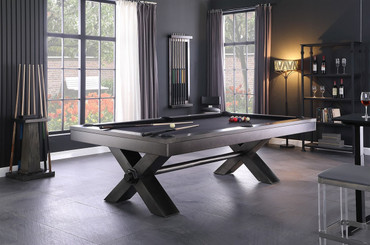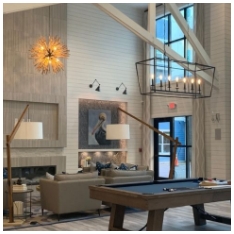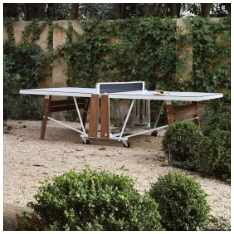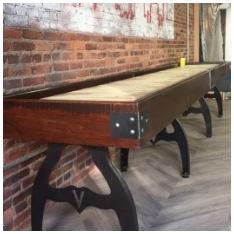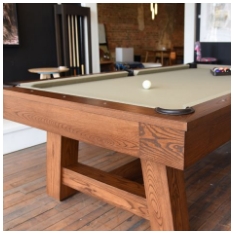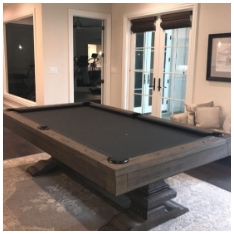Billiards is a game enjoyed by people of all ages, whether casually in homes or competitively in professional tournaments. For players, one of the most frequently asked questions is: “What is a regulation size billiard table?” Understanding regulation tables is crucial, not only for professional play but also for setting up the ideal home or recreational space. This article provides a comprehensive guide to regulation size billiard tables, including dimensions, types, and considerations when choosing a table.
What Are Regulation Size Billiard Tables?
A regulation size billiard table refers to a table that meets official standards used in professional play. These tables are designed with precise dimensions to ensure consistent gameplay, accurate ball movement, and a fair competitive environment. Knowing the regulation dimensions helps players practice efficiently and prepare for tournaments.
Billiard tables are available in various sizes, but regulation tables have specific measurements that are widely recognized by professional organizations. In general, the term “billiard” can encompass pool, snooker, or carom tables, each with its own regulation sizes. However, in most contexts, it refers to pool tables used in tournaments.
Standard Regulation Table Dimensions
Regulation size billiard tables are measured in feet, with the most common professional size being 9 feet. This measurement typically refers to the playing surface, not including the rails or exterior. The dimensions for a standard regulation table are as follows:
- Length: 9 feet
- Width: 4.5 feet
- Playing Surface: Approximately 100 inches by 50 inches
- Height: 29.25 to 31 inches from the floor to the top of the table
While 9-foot tables are standard in professional tournaments, there are other sizes considered “regulation” for different settings:
- 8-foot tables: Common in pubs, clubs, and homes.
- 7-foot tables: Often called “bar size,” suitable for small spaces but not official tournaments.
These dimensions ensure a consistent ratio between length and width, which is essential for accurate cue ball control and strategic play.

Regulation vs Non-Regulation Tables
Many players confuse regulation tables with smaller or non-standard tables. Here’s a quick comparison:
|
Feature |
Regulation Table |
Non-Regulation Table |
|
Playing Surface |
9 ft (official) |
7–8 ft |
|
Use |
Professional & Tournament |
Recreational / Home |
|
Ball Speed & Bounce |
Consistent |
May vary due to smaller size |
|
Skill Development |
Ideal for serious practice |
Limited for advanced skills |
Choosing a regulation size billiard table ensures that your gameplay experience matches professional standards. For serious players, training on a non-regulation table can hinder skill development because angles, ball movement, and shot accuracy differ significantly.
Materials Used in Regulation Billiard Tables
Regulation tables are built with high-quality materials to maintain consistency and durability. Key components include:
- Slate Bed: Usually made of one, two, or three-piece slate, providing a flat and stable playing surface.
- Cloth/Felt: High-quality wool or wool-nylon blend is used to cover the slate, ensuring smooth ball movement.
- Rails: Cushioned rails are essential for accurate ball rebounds.
- Frame: Solid hardwood or engineered wood frames offer structural integrity and prevent warping.
High-quality materials not only meet professional standards but also enhance the overall playing experience.
Choosing the Right Regulation Table for Home or Club
When selecting a regulation size billiard table, several factors must be considered:
- Space: A 9-foot table requires ample room. Players need at least 5 feet of clearance around the table to use cues comfortably.
- Purpose: Determine whether the table is for professional training, club tournaments, or recreational use.
- Budget: Professional regulation tables can be expensive due to high-quality materials and craftsmanship.
- Accessories: Consider cue sticks, balls, racks, and table covers that meet regulation standards.
Proper planning ensures that the table is functional, safe, and enjoyable for all players.
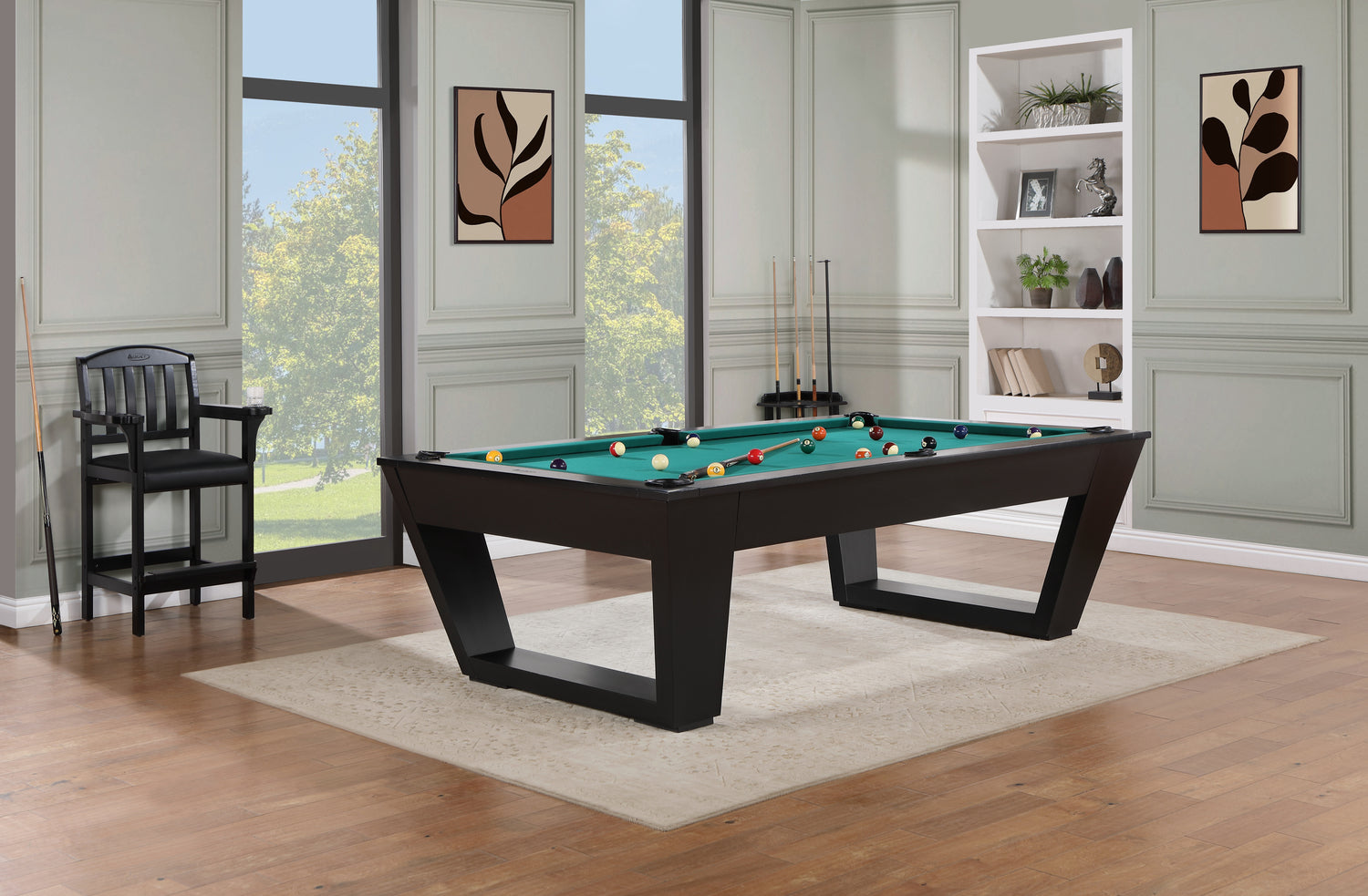
Maintenance of Regulation Billiard Tables
Maintaining a regulation size billiard table is crucial to preserve its quality and performance. Here are some tips:
- Clean the Cloth: Regular brushing and occasional deep cleaning prevent dust accumulation and maintain smooth ball roll.
- Check Slate and Rails: Ensure the slate remains level, and rails retain their elasticity.
- Humidity Control: Billiard tables are sensitive to changes in temperature and humidity. Keep the room stable to avoid warping.
- Professional Servicing: Periodic professional maintenance ensures that your table remains true to regulation standards.
Well-maintained tables provide a consistent playing experience, essential for both practice and tournaments.
Conclusion
Understanding what defines a regulation-size billiard table is fundamental for serious players, hobbyists, and club owners. Regulation tables are built with specific dimensions, materials, and craftsmanship to ensure accurate gameplay and professional-level performance. Whether you are setting up a home game room or preparing for professional tournaments, choosing the right regulation table, maintaining it properly, and understanding its dimensions are key steps in enjoying the game of billiards.
In summary, regulation size billiard tables are not just a luxury—they are a necessity for anyone aiming to play at a competitive level. They provide consistency, skill development opportunities, and an authentic experience that smaller, non-regulation tables simply cannot match.
